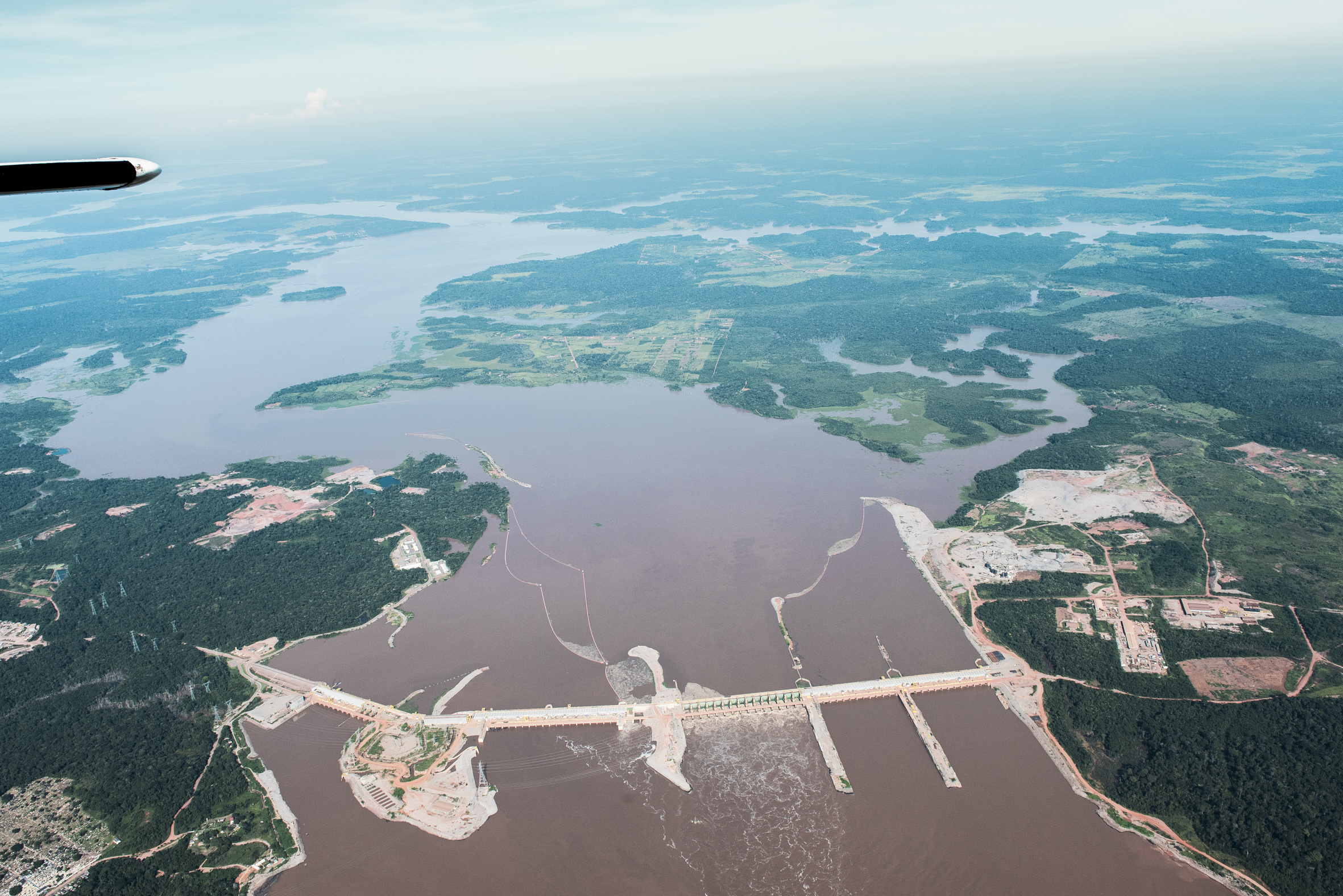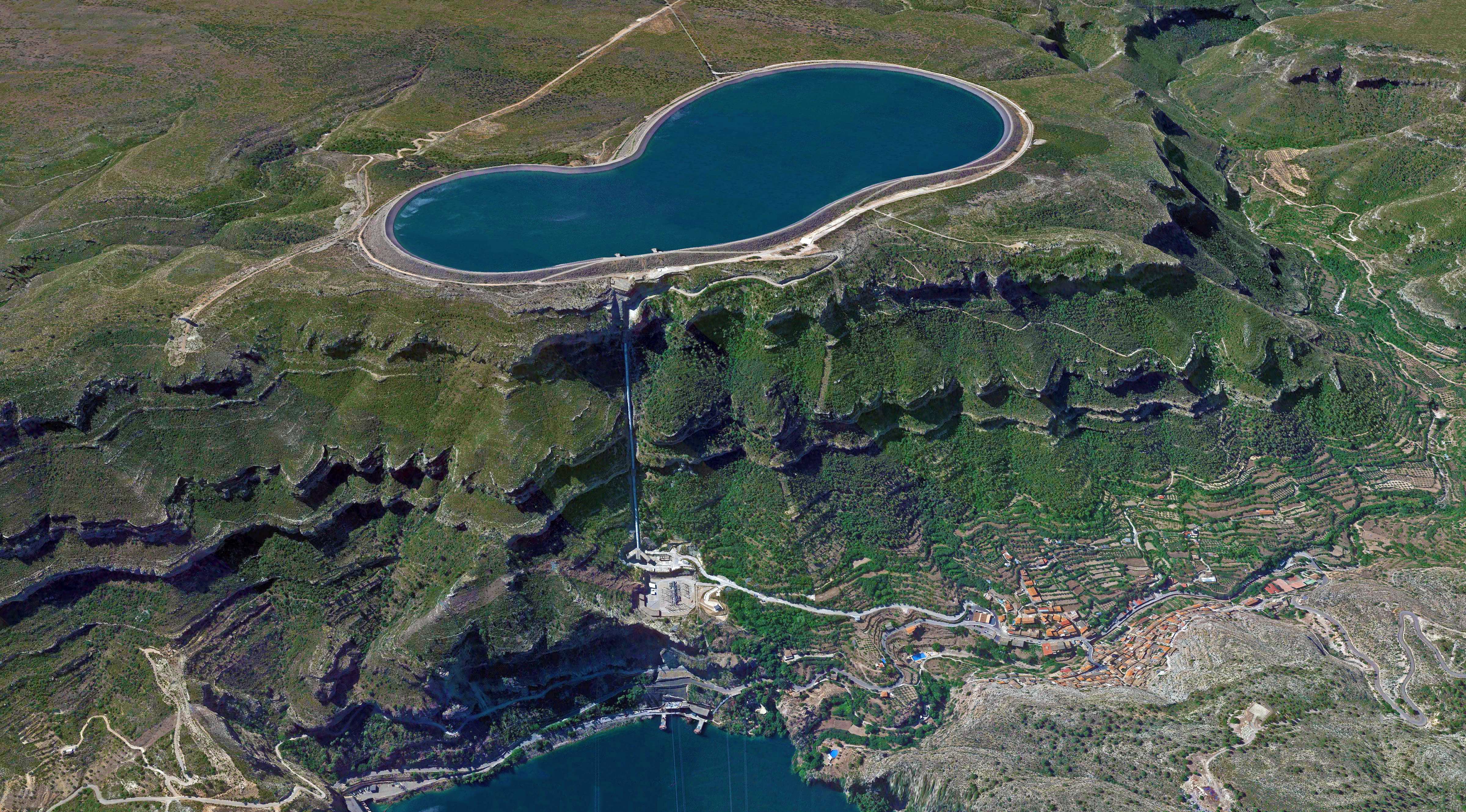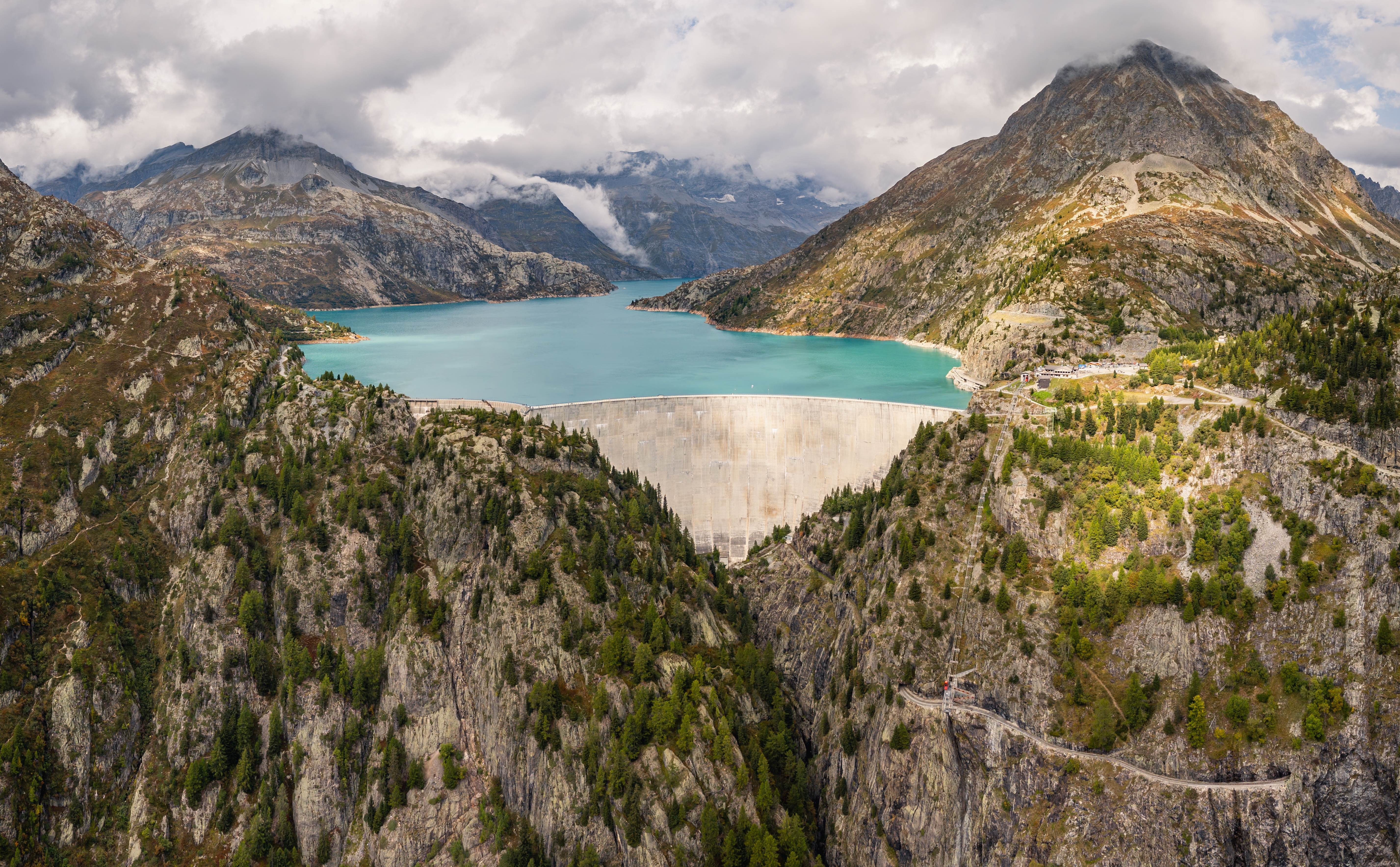The role of hydropower in Africa’s vision
Last year, the African Union (AU) marked its 50th anniversary with the launch of Agenda 2063, a bold new vision for the continent’s future. What role can hydropower play in achieving it?

Africa still faces enormous challenges in its energy sector that include low generation capacity and efficiency, high costs, unstable and unreliable energy supplies, low access to modern energy, insufficient energy infrastructure.
Access to electricity in Sub-Saharan Africa is only about 31 per cent of the population with about 14 per cent electrification rates in the rural areas, while about 80 per cent of the Sub-Saharan African population depends on biomass energy for cooking (IEA, 2014), mostly using traditional stoves with very low efficiencies leading to serious impacts on health and life.
The huge reserves of both renewable and non-renewable energy resources on the continent provide Africa with great opportunities to improve modern energy access, which will accelerate industrialisation, reduce poverty and sustain the impressive economic growth experienced in the last decade.
These resources present Africa with options of using different combinations of energy systems, including grid and off-grid systems at the local, national and regional levels to meet the growing energy demand.
For example, the electricity demand needs of Africa is growing at about 6 per cent annually, expected to reach 3,100 TWh/year by 2040, compared to the current demand of about 600 TWh per year, indicating an over six-fold increase over this period.
This initiative aims to stimulate the addition of 10,000 MW of new hydropower plants by 2020" – Dr Elham Ibrahim on the Africa–EU Energy Partnership (AEEP)
Africa's strategic Energy Vision, as reaffirmed in the Maputo Declaration on 5 November 2010, is to develop efficient, reliable, cost-effective, and environmentally compliant infrastructure for the physical integration of the continent and to enhance access to modern energy services for the majority of the African population.
The huge hydropower potential in Africa presents huge opportunities to utilise the technology at the regional, national and local levels, in the form of large, small, micro and mini hydropower systems.
The role of the African Union Commission (AUC) in developing hydropowerThe development of hydropower systems in Africa features prominently in the infrastructure development plans of the AUC and the regional economic communities (RECs), as well as the regional power pools (RPPs).
Through its mandate to promote regional integration and sustainable development in Africa, the AUC is working and partnering on many electricity infrastructure development and access initiatives, that promote the development of hydropower systems. Some of these programmes include:
A. Programme for Infrastructure Development in Africa (PIDA)
PIDA is a consolidated continental programme of the partnership between AUC, African Development Bank (AfDB), the NEPAD Planning and Co-ordination Agency (NPCA) dedicated to facilitating continental integration through improved regional infrastructure.
PIDA covers four sectors that include energy, transport, information and communication technology (ICT), and water (trans-boundary). Priority action plans for this initiative have already been developed, seeking to deliver quick-win projects by 2020, and are expected to cost about US$68 billion to deliver.
In the energy sector, priority action plans comprise 15 projects calling for the development of nine major hydropower projects, four regional transmission lines and two petroleum pipelines.
B. Africa-EU Energy Partnership (AEEP)
The Africa–EU Energy Partnership (AEEP) is one of the eight partnerships of the EU-Africa joint strategy with focuses on energy access, energy security, renewable energy and energy efficiency.
This initiative aims to stimulate the addition of 10,000 MW of new hydropower plants by 2020, taking into consideration both social and environmental standards. This means that hydropower will be central to achieving the targets set out in the programme.
This forms part of a wider vision for the continent that aims to bring access to electricity to an additional 250 million Africans. The initiative brings together political and business leaders from Africa and Europe together at the highest level, and will be the main vehicle for driving EU funding into energy development in Africa.

C. Hydropower 2020 Initiative
This initiative is launched by the AUC to design and implement strategies aimed at stimulating and accelerating the development of major hydropower projects on the continent.
Under this initiative, the AUC carried out a training workshop specifically for the Inga 3 project on how to model a public–private partnership (PPP) for the implementation of the project. Now the Government of DR Congo is following the PPP model to negotiate with three private sector entities to develop the project.
These are examples of programmes focused on hydropower, while complementary programmes are in place to develop other renewable energy sources such as geothermal, solar and wind.
Africa’s place in the global picture
Hydropower has a specific weight in Africa: you can see that it is central to our targets for growth, and it is the focus of many of our new projects. Yet around 92 per cent of the technical hydropower potential across Africa has not been developed.
If you consider the level of potential on a global scale, then the vision to reach 2,050 GW of worldwide hydropower capacity by 2050 can be achieved, and Africa can play a significant role in it.
Around the world, we need to analyse why we are not developing to our full potential, and what the challenges are in reaching our targets. In Africa it’s very clear where these challenges lie, for example access to finance can be advanced through private sector mobilisation, and more effective policies and regulation regimes to stimulate the energy sector.
There are also big social and environmental issues, such as the displacement of people and the impacts on biodiversity, which must be addressed.
There is a need to work on a global level with our partners and with African stakeholders on all levels to tackle how we can remove these barriers and overcome these challenges.
The African Union Commission is a partner of the 2015 World Hydropower Congress. Find out more here.









